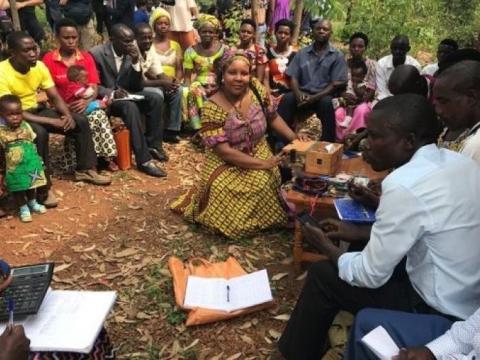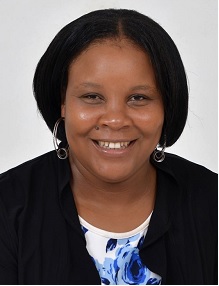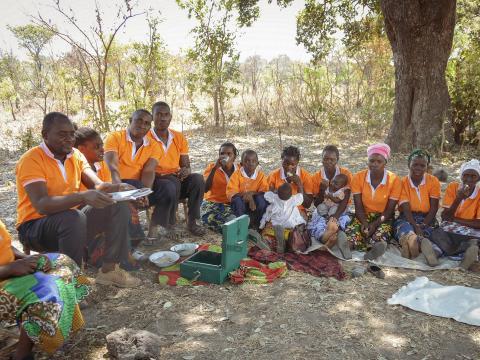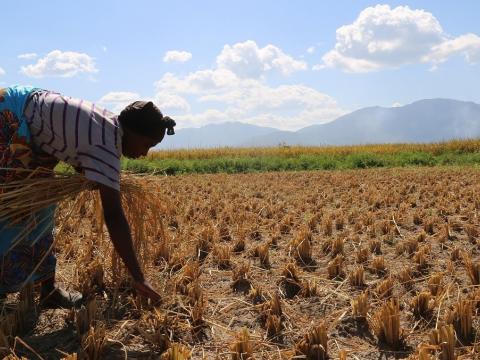
Savings Groups: Empowering Mothers, Protecting Children
By Angeline Munzara, Global Sector Leader, Livelihoods, World Vision International
Why Savings for Mothers?
A family without savings is unable to sustain itself during rainy days and neither is it able to meet its basic needs.
Having been raised by my mom, earning a meagre salary for our upkeep, it was so difficult for her to keep extra resources. No one taught her the art of savings, either as an individual or in a group. As a result, there were countless times l was sent away from school for not paying school fees on time. Due to delayed fees payments, I almost failed to write my advanced level examination, which was crucial for my admission into university.
Today, there are still many mothers (like my late mom) who struggle to manage their finances due to lack of financial education. My mom had no access to bank credit and neither did she have anyone to lend her money. She was never exposed to savings groups’ methodology where a voluntary group of people, predominantly women, can save together in a safe and convenient way.
Globally, 56% of unbanked adults - 980 million women - are financially excluded and have no access to banking services. That means, they cannot safely put money aside to provide the very basic needs for children such as food, health care, and education. About 1.2 billion children globally are multidimensionally poor—a situation that often leads to increased risk of violence against children, such as child labour and child marriage.
World Vision’s Approach to Savings Groups.
When you empower a mom, you empower a household.
World Vision’s model for savings groups is called Savings for Transformation (S4T). Through S4T groups, men and women in vulnerable communities set up their own groups that save money together in small amounts and lend to each other when needs arise, such as a family member’s illness, children’s education and falling income due to droughts. Out of more than 1.6 million savings group members mobilised by World Vision, 79% of members– over 1.3 million—are women - helping women’s economic empowerment.
Leading World Vision’s work on S4T for the past five years has also empowered me to learn the art of saving as a mom. I took the opportunity to share my work experiences with other moms at work and within my circle of friends. This has resulted in the creation of 10 groups with over 1,000 moms who save for a period of 12 months. We always joke that the January disease is now something of the past. We are now able to budget, buy new school uniforms and pay our children’s fees on time.
Through my work at World Vision, I have also seen how S4T groups have increased women’s confidence, inspired their children and enabled them to meet their children’s basic needs.
For example:
-
In Sierra Leone, savings groups have instilled confidence of women in both household and political decision-making spaces.
-
In Ghana, strengthening home finances kept a girl child in school. Through integration of savings groups into Cocoa Life project, there was a 50% increase in girl child education; a 50% reduction in teenage pregnancies, leading to a reduction of risk of child marriage, and a 2% increase in women’s land ownership.
-
We are taking it a step further. Through Vision Fund’s financial literacy training, S4T group members - predominantly women living in rural areas - receive the necessary coaching and training to make best use of their loans.
Let us remember the role mothers play to raise their children. Let us also remember to empower them financially so that they are able to make independent household decisions, not only for their own benefit, but also for benefit of their children.
It is often said, “When you empower a woman, you have empowered the whole family.” This is because cash and assets in women’s hands are more often spent on medicine and children’s education. One practical way we are empowering women is via the Gender Inclusive Financial Literacy Training for couples, which seeks to promote access to financial literacy skills as well as women’s voices in decisions regarding how money is spent.
For more information on our work on savings groups and women economic empowerment, we invite you to:
-
Download our new Savings for Transformation (S4T) Design Guide and Implementation Guide (Also available in French and Spanish).
-
Check out our Women Economic Empowerment Briefing Paper or view our full technical approach and programmatic tools
-
Learn more about World Vision's Livelihoods programmatic approaches or contact us at livelihoods@wvi.org.


